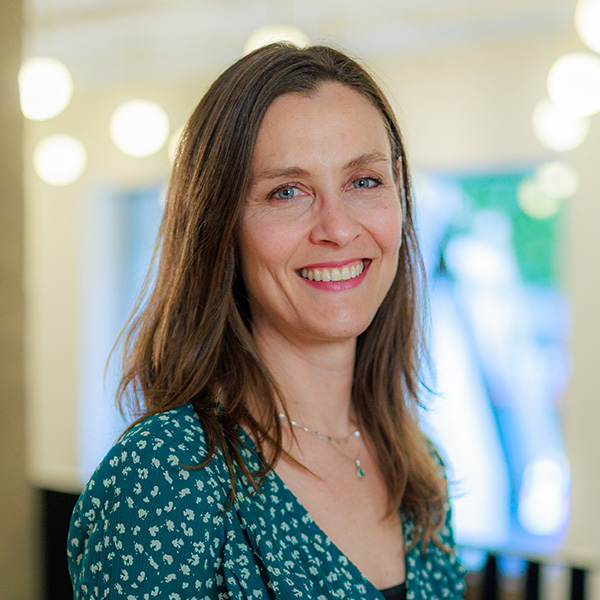The UK’s Worker Protection Act came into force last October; now is the time for all employers to act.
In a recent Inclusive Management session that I ran in Luxembroug, one female manager quite vociferously argued against the need for diversity network groups. She felt that they have the effect of creating exclusive clubs which accentuate difference and make it harder for individuals to integrate into the business. She argued that women and minority groups should just 'get on with it' and that exclusion is a hard fact of life - why should businesses work so hard to create inclusive workplaces when there is so much (and a perceived increase in) division in society?
And this discussion led, as it occasionally does, to the question: 'Why isn't there a white men's group?'
Quite apart from the numerous studies that show the considerable business benefits of diversity and inclusion, I think she was missing the point of diversity network groups. And anyway, they're not just for women and minorities - anyone can attend!
Of course, for employees in that particular social group, they can be a way of building their network, creating a sense of belonging (which is massively important part of employee engagement), sharing insights and experiences, learning new skills and furthering their personal and professional development.
And for employers, they are a valuable way of better understanding a particular social group, so that diversity and inclusion initiatives can be tailored to help with some of the challenges they face.
So what are the benefits in attending for those who aren't in that particular social group?
First of all, they're a way of increasing your understanding. One of the best ways of minimising the impact of our cognitive (often unconscious) biases is to spend time with and get to know people who we may initially see as being different from us (our People Not Like Me or PNLMs, as we call them at byrne-dean). This can help us to connect and, importantly for people managers, understand how to get the best out of them.
Secondly, if you're in the 'in-group', you've probably forgotten (or possibly never really known) what it feels like to be in the 'out-group'. How does it feel, for example, to be the only man in a large group of women? What do you notice about how people communicate when they're with their People Like Me (PLMs?). How does being in the minority for that short period of time impact on your sense of belonging, your confidence, your ability to be yourself and share your ideas?
So try it out - go along to a group and see what you can learn. And if you really want a white men's group, set one up!
Related Articles

Sexual harassment at work: what’s changing in 2026?

Creating psychological and challenger safety: a practical guide





